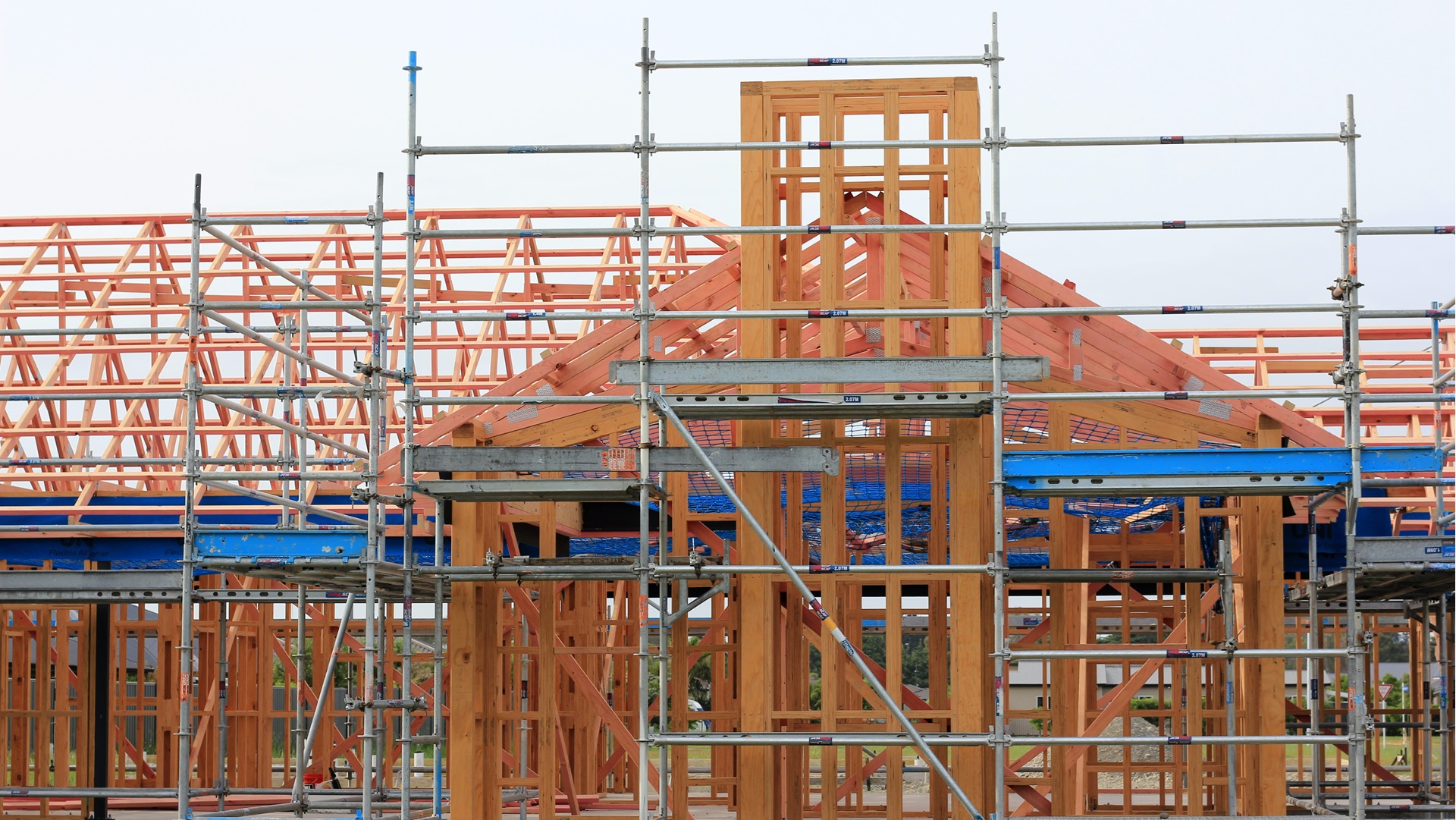Our household incomes are being eroded by a pervasive but largely invisible force. We call this ‘maximising shareholder value’ – and it stems from companies making excessive profits by charging customers more and more for their products and services. This is motivated by a desire to return as much money to shareholders as possible, or to ‘maximise’ the value of their share.
The drive to push-up profits and dividend payments affects the cost of life’s necessities, and we are seeing this in goods and services such housing, water, energy and transport to name but a few. This is wreaking havoc on people’s incomes and standard of living.
In the recent BBC Two documentary, Britain’s Housing Crisis: What Went Wrong?, we provided an example of how this is happening in our housing market, through the activity of our largest housebuilding firms. In the documentary we presented findings from ten years’ worth of research into these companies and their finances. Our most recent research has revealed that between 2005-2022, the biggest eight housebuilders in the UK made a phenomenal £49 billion in profits before tax, from which they paid their shareholders £16.4 billion.
To get some context here, we can compare this with the only significant government programme that funds the development of affordable housing in England (often called the AHP). Between 2016-21 the government allocated £9 billion from the AHP to develop 170,000 affordable homes. Over this same period, the dividends paid by the eight largest housebuilders to their shareholders – which are mainly international investment funds, insurance companies or asset management businesses – was a staggering £11 billion.
Let’s take a minute to process this. Payments to shareholders from just eight companies trumped the spending power of our whole government on new affordable homes. How can this be justified?
Creating new housing is expensive. One of the reasons that our housing crisis is so difficult to solve is that the money required to build new housing is so large. If it costs £150,000 to build a home (just in terms of land, labour and material costs) a few billion does not get you very far in addressing the scale of need we have for decent, affordable homes. The amount of government grants for each new affordable home is increasing, but this has the potential to reduce the total number that can be built. Aside from hugely expanding government expenditure, what can be done?










